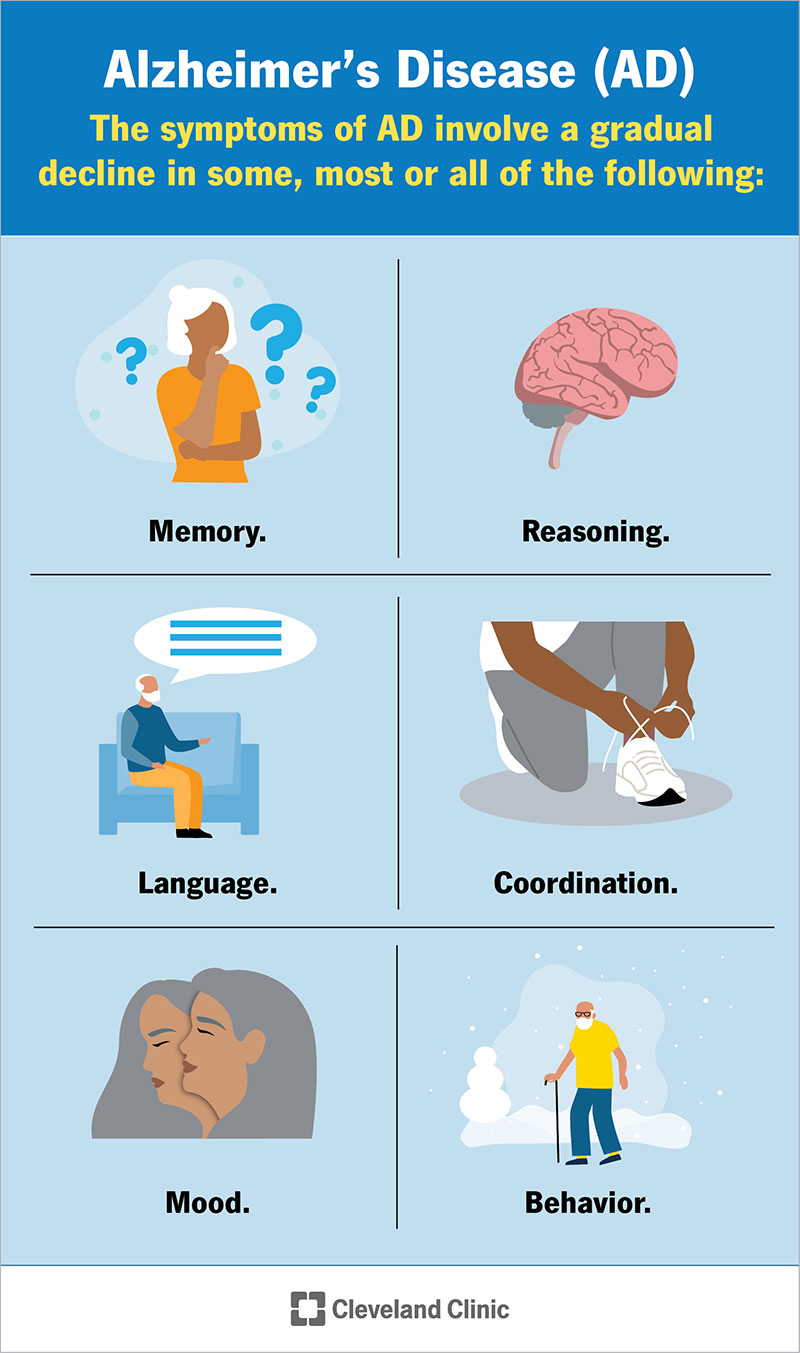Early Warning Signs of Alzheimer’s

Early Warning Signs of Alzheimer’s: A Guide for Middle-Aged Individuals
As we navigate the complexities of middle age, it’s essential to be aware of the early warning signs of Alzheimer’s disease. This condition, which affects millions worldwide, can be challenging to diagnose in its early stages. However, recognizing these signs can lead to timely interventions and better management of the disease. In this article, we’ll explore the key indicators of Alzheimer’s, discuss how it affects middle-aged individuals, and provide practical tips for maintaining cognitive health.
Understanding Alzheimer’s Disease
Alzheimer’s disease is a progressive neurological disorder that causes the brain to shrink and brain cells to die. It is the most common cause of dementia, leading to a continuous decline in cognitive, behavioral, and social skills. The disease progresses through several stages: preclinical, mild (early-stage), moderate, and severe (late-stage) .5.
Preclinical Stage
In the preclinical stage, brain changes occur before symptoms appear, often decades before diagnosis. This stage is characterized by the formation of amyloid plaques and tau tangles in the brain. Not everyone with these changes will develop dementia, but early detection can help manage the progression of the disease .5.

Early Warning Signs of Alzheimer’s
Identifying Alzheimer’s early can significantly impact treatment and quality of life. Here are the key signs to watch out for:
-
Memory Loss Disrupting Daily Life
-
Challenges in Planning or Solving Problems
-
Mood and Personality Changes
-
Becoming easily agitated, anxious, or depressed.
-
Withdrawal from social activities or showing less interest in hobbies .5.
-
-
Communication and Language Issues
-
Trouble finding the right words or following conversations .13.
-
-
Disorientation and Spatial Awareness
-
Difficulty understanding visual images and spatial relationships.
-
Getting lost in familiar places .5.
-
-
Misplacing Items
-
Frequently losing or misplacing things in odd places .5.
-
-
Changes in Initiative and Motivation
-
Showing less spontaneity and initiative in daily activities .5.
-
Alzheimer’s in Middle Age: A Special Consideration
While Alzheimer’s is more common in older adults, early-onset Alzheimer’s can occur in individuals as young as their 30s. However, this is rare. For middle-aged individuals, it’s crucial to recognize that early symptoms might be subtle and could be mistaken for normal aging or stress-related issues .5.
How Alzheimer’s Affects Middle-Aged Individuals
Middle-aged individuals facing Alzheimer’s often experience significant life changes. Early detection can help manage these changes and plan for the future. Here are some ways Alzheimer’s can impact this age group:
-
Career and Financial Implications: Early symptoms might lead to difficulties at work, such as memory lapses or trouble with problem-solving. This can result in career setbacks or financial strain .9.
-
Family Dynamics: Alzheimer’s can affect family relationships, requiring more support from loved ones and potentially altering family roles .11.
-
Emotional Well-being: The diagnosis can lead to anxiety, depression, or feelings of isolation, emphasizing the need for emotional support .10.

Maintaining Cognitive Health
While there is no proven way to prevent Alzheimer’s, certain lifestyle changes can help reduce the risk and support overall brain health:
-
Stay Socially Engaged
-
Building and maintaining social connections can protect against cognitive decline .14.
-
-
Adopt a Healthy Diet
-
Focus on a Mediterranean diet rich in fruits, vegetables, whole grains, and omega-3 fatty acids .14.
-
-
Exercise Regularly
-
Physical activity improves cardiovascular health, which is linked to brain health .14.
-
-
Manage Stress
-
Engage in stress-reducing activities like meditation or yoga to support mental well-being .14.
-
-
Stay Mentally Active
-
Engage in lifelong learning and mentally stimulating activities to keep your brain active .14.
-

Resources for Support
If you or someone you know is experiencing symptoms of Alzheimer’s, there are numerous resources available:
-
Alzheimer’s Association Helpline: Offers 24/7 support and guidance for those affected by Alzheimer’s .11.
-
Caregiver Support Groups: Provides a platform for caregivers to share experiences and receive support .4.
-
Online Webinars and Workshops: Educational sessions on caregiving tips, disease management, and more .4.

Conclusion
Recognizing the early warning signs of Alzheimer’s is crucial for timely intervention and better management of the disease. By staying informed, adopting healthy lifestyle choices, and seeking support when needed, middle-aged individuals can take proactive steps towards maintaining cognitive health and addressing the challenges associated with Alzheimer’s.
Additional Tips for Bloggers
When writing about sensitive topics like Al








